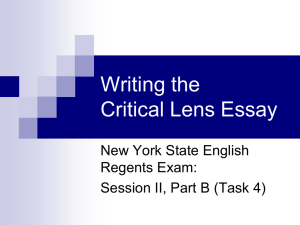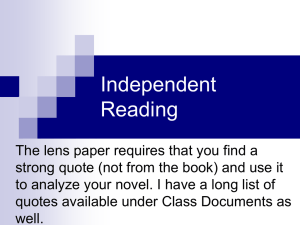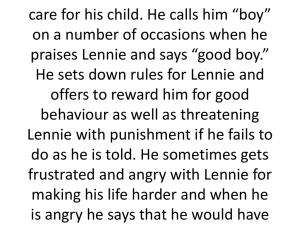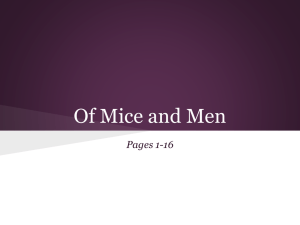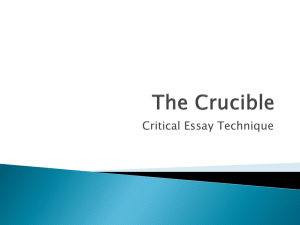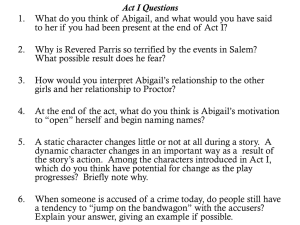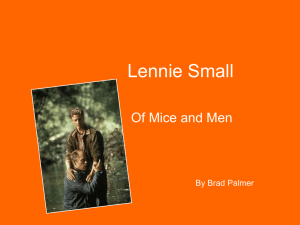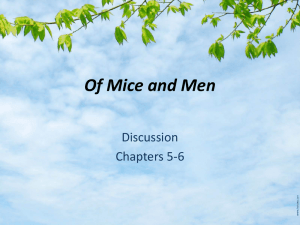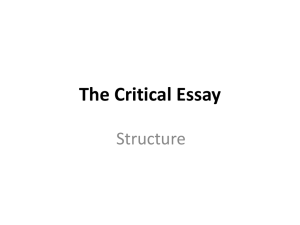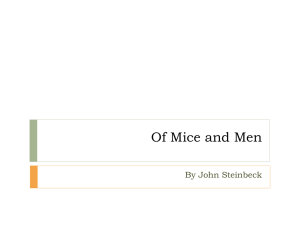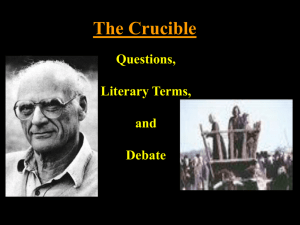January 2013 English Regents review
advertisement
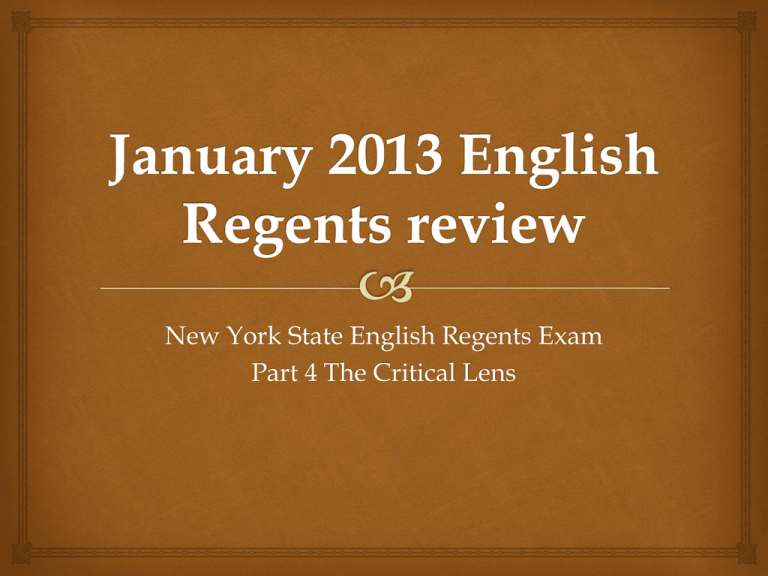
New York State English Regents Exam Part 4 The Critical Lens Part 4 – The Critical Lens Writing the Critical Lens Essay Your Critical Lens: “The real hero is always a hero by mistake…” --Umberto Eco Travels in Hyperreality, 1986 Critical Lens—Your Guidelines Provide a valid interpretation of the quote Clearly establish criteria for analysis Indicate whether you agree or disagree Choose two works to support your opinion AVOID PLOT SUMMARY Use specific and appropriate literary elements for analysis Organize your ideas clearly Specify titles, authors and details Follow the conventions of English Introduction Introduce and state the quote Interpret the quote fully and in your own words—what does this quote mean? Show agreement or disagreement State thesis or stance and State two works of literature and the authors you will use to support your statement. Introduction (actual) Umberto Eco once said, “The real hero is always a hero by mistake.” This means that sometimes people or characters are faced with tough choices that are unexpected. In these times of tough choices, heroes can arise. This quote is shown to be true through the books Of Mice and Men by John Steinbeck and The Crucible by Arthur Miller. In these two works, characters are forced into difficult situations where they ultimately make a “heroic” choice. Body Paragraphs Include a topic sentence to introduce the text and author Transition and include your literary elements (may be multiple sentences) Connect back to the lens (may be multiple sentences) Concluding sentence. Body Paragraph 1 (sample) In Of Mice and Men by John Steinbeck, George is one character who is forced to make a very difficult decision. One literary element that helps support this is the theme of friendship. George and Lennie are very good friends but when Lennie unintentionally kills Curley’s wife all the men from the ranch are out for revenge. When George catches up with Lennie, his friendship is put to the test as he is faced with an impossible decision. George acts in Lennie’s best interest by making sure that Lennie’s last words are uplifting and optimistic. George decides that as Lennie’s friend, it is best for him to end Lennie’s life rather than leave him to face the mob. George proves to be Lennie’s “hero” by sparing him the unnecessary guilt and pain. Of Mice and Men gives an excellent example of how heroes can emerge from unexpected and even unpleasant situations. Body Paragraph 2 (sample) Another great example of a “mistaken” hero is John Proctor from Arthur Miller’s The Crucible. In this play, John Proctor is a simple man who is characterized by Miller to be honest, trustworthy, and hardworking. These qualities prove him to be heroic in a time of madness and injustice. Proctor becomes a spokesperson for the average citizen in a Puritan world where accusations lead to prosecution and death. When John Proctor sacrifices his good name in order to help his wife escape lynching, he is seen as heroic. Other members of the community idolize his selflessness and realize that through this difficult time, Proctor rose to face the unfairness without fear. Arthur Miller created a true hero when he created the character of John Proctor. Although Proctor did not succeed with his goals, he still achieved greatness by simply trying to stand up for what he believed. Conclusion Re-state an interpretation of the quote Show agreement/disagreement Briefly review main points made Tie main ideas back to the lens and your thesis Conclusion (sample) Heroes truly come from accidental situations where characters have been able to rise to an unfortunate occasion. In unpredictable times, both George from Of Mice and Men and John Proctor from The Crucible were able to do what was right despite a devastating circumstance. By doing the right thing even when it was difficult, both characters were able to become heroes in one way or another. This proves that true heroes can make difficult choices and rise up even when they don’t necessarily mean to. Final Step Review your work! Use the guidelines provided to make sure your response completely answers the question. Re-read for spelling or grammatical errors Neatly cross-out and revise any mistakes
